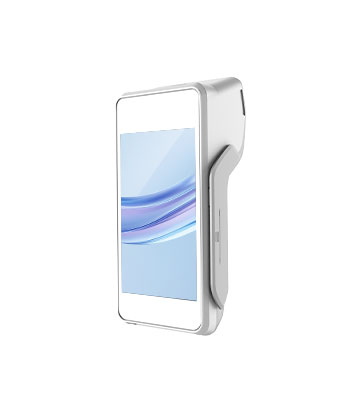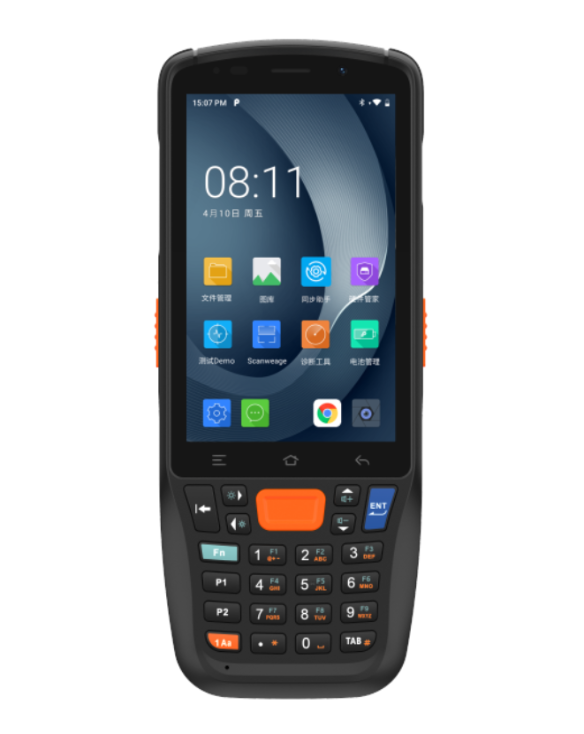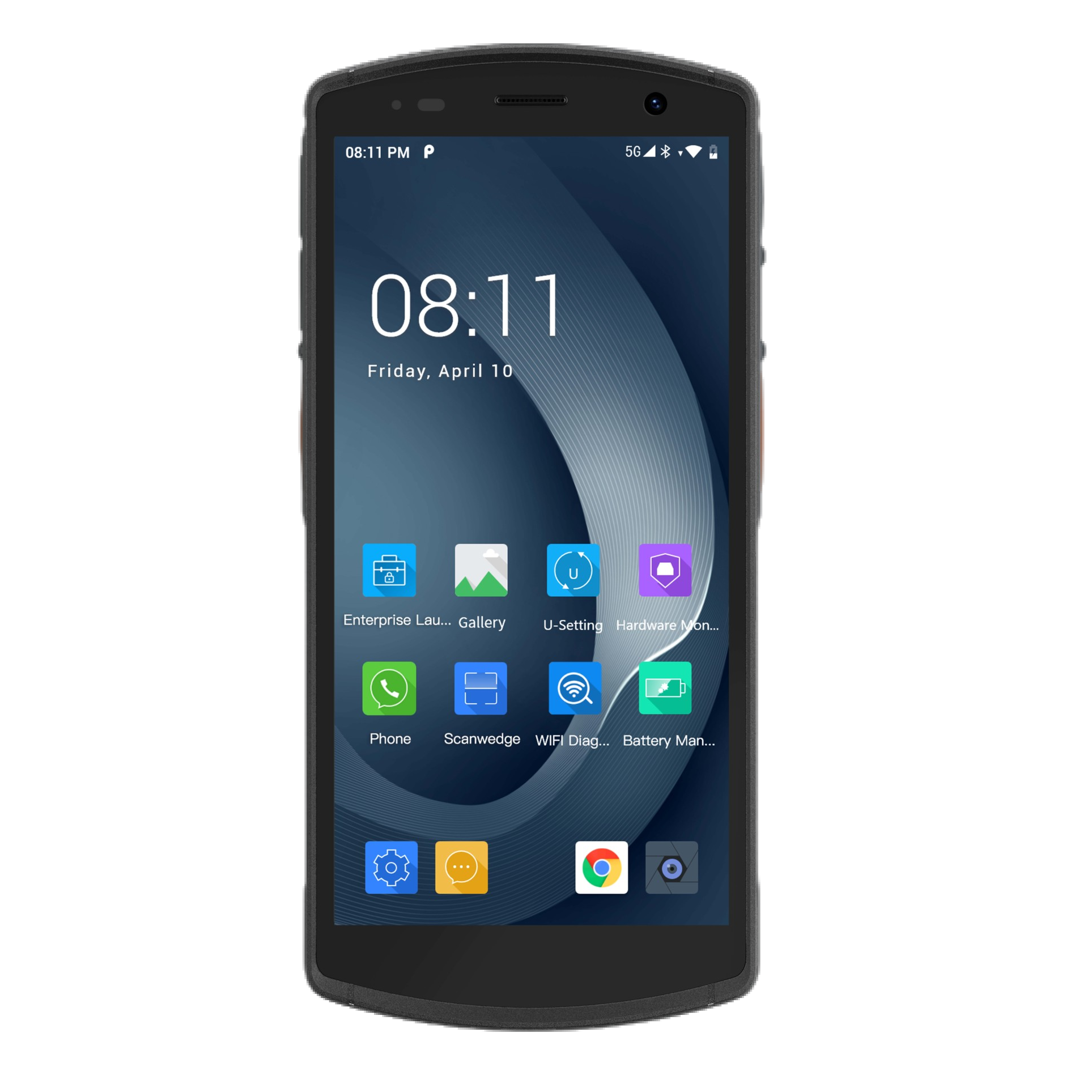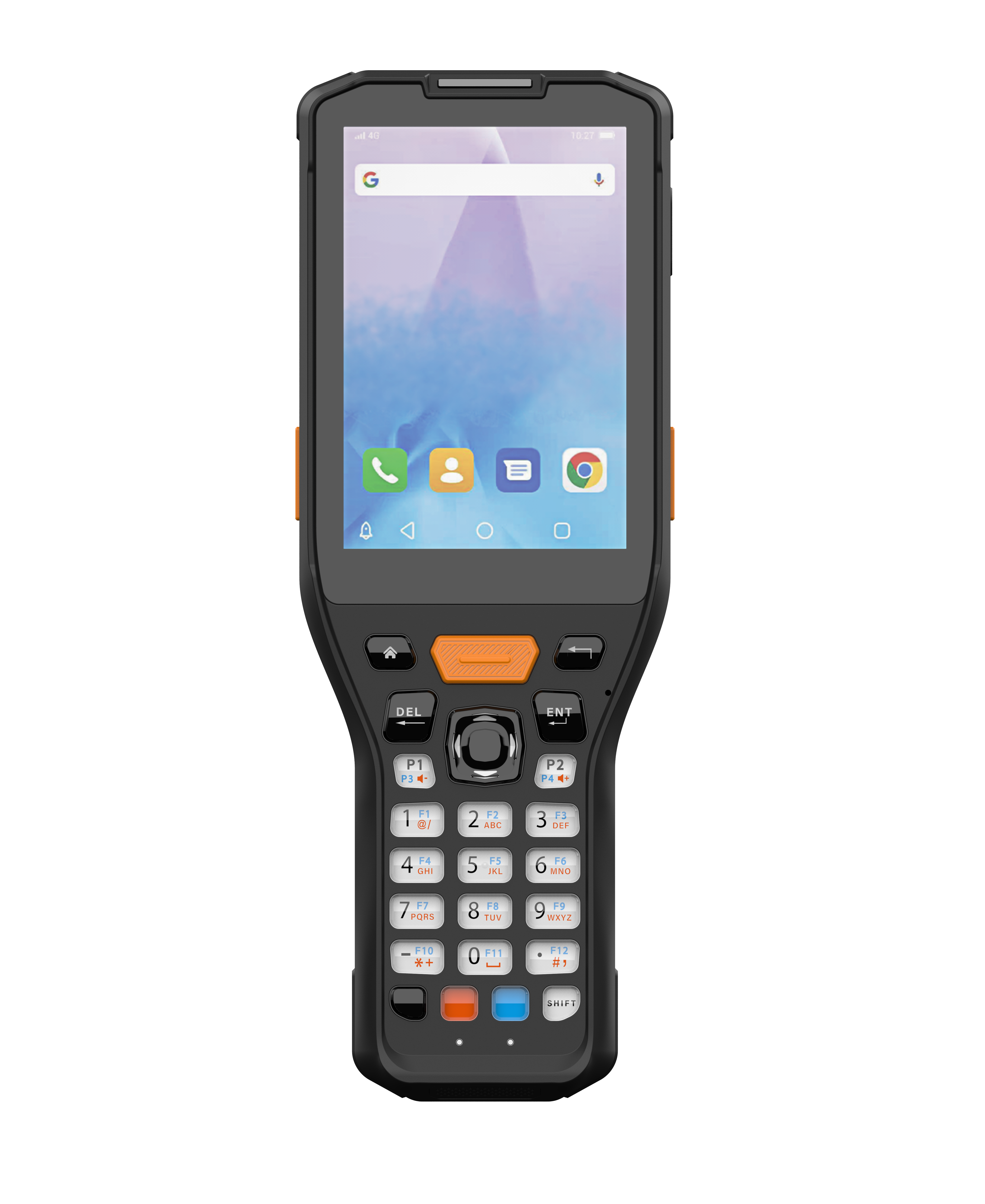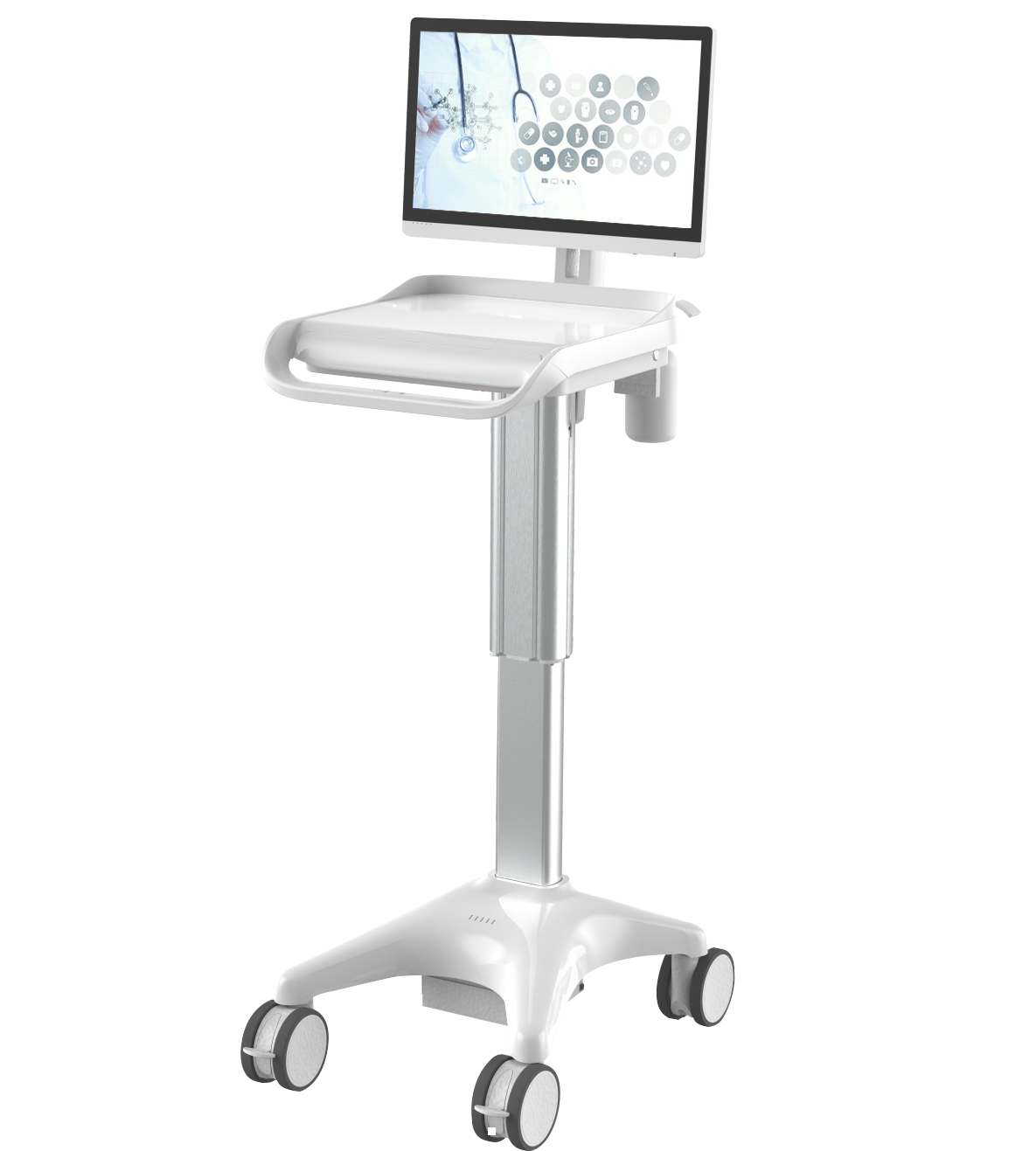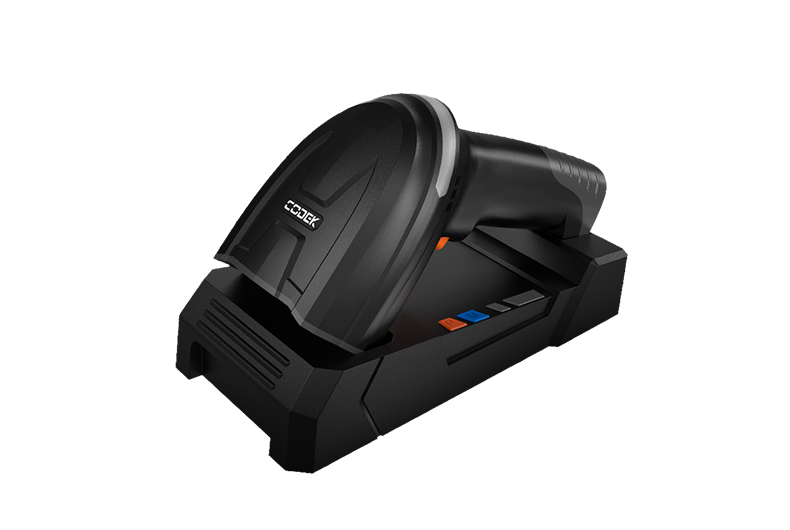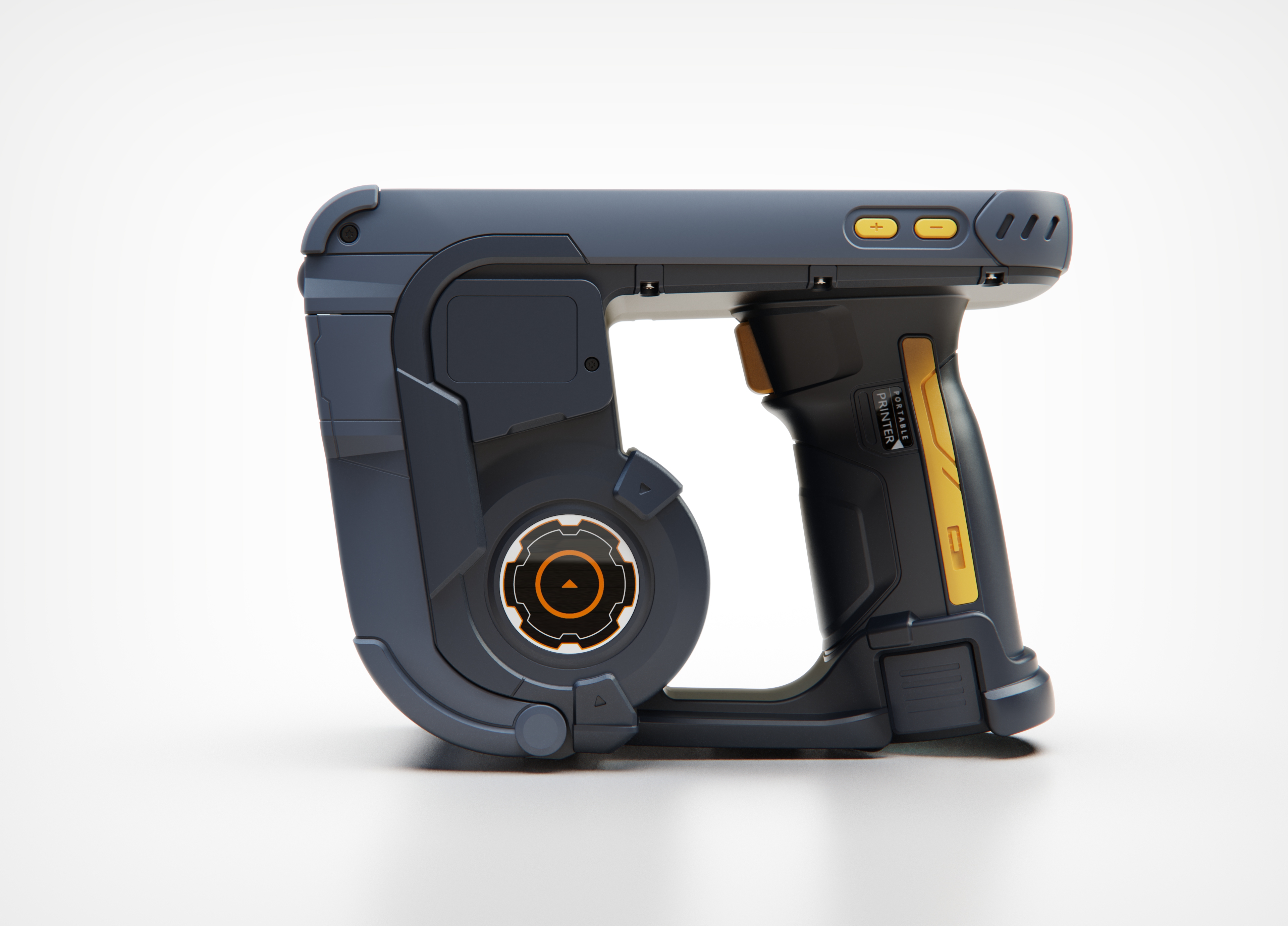The Future of Asset Tracking: Why RFID Scanners Are Essential for Modern Businesses
Asset tracking is not just a necessity but a strategic advantage. Radio Frequency Identification (RFID) technology has emerged as a cornerstone for modern asset management systems, offering unprecedented efficiency and accuracy. Urovo comprehensive discussion explores the transformative impact of RFID readers on business operations across various industries.

The Evolution of RFID Technology
From its rudimentary beginnings during World War II to its current status as a critical business tool, RFID technology has undergone significant transformations. Initially developed to distinguish friendly aircraft, today's RFID systems are integral to the seamless operations of numerous sectors, incorporating state-of-the-art technology to deliver real-time data with impressive accuracy.
Technological Advancements
Modern RFID systems consist of sophisticated networks that include handheld RFID readers, fixed RFID scanners, and mobile RFID readers. These devices utilize advanced radio frequency technology to communicate with RFID tags embedded in or attached to assets, allowing for the automatic identification and tracking of items without the need for direct line of sight.
Core Components of an RFID System
An RFID system is built on three primary components:
- RFID Tags: Small electronic devices that store data about the item to which they are attached.
- RFID Readers: Devices that emit radio waves to read the information stored on tags. These include handheld RFID readers, mobile RFID readers, and fixed installations.
- Antennas: Facilitate the transmission and reception of radio signals between tags and readers.
How RFID reader Works?
When an RFID reader emits a radio signal, it activates nearby RFID tags. Each tag responds by transmitting its data back to the reader, which then decodes and processes the information. This interaction enables the tracking and management of assets as they move through various stages of business operations.
- Accuracy and Efficiency:Unlike traditional barcode systems that require manual scanning, RFID readers can process multiple tags simultaneously from a distance, significantly reducing manual labor and human error. This capability not only enhances the accuracy of inventory systems but also improves overall operational efficiency.
- Speed: RFID scanners are capable of reading up to several hundred tags per second, enabling quick and efficient tracking of large volumes of assets. This rapid processing capability is crucial in environments where time and accuracy are paramount, such as in manufacturing and logistics.For example the Urovo’s FR7000 capable of reading 1,000 tags per second with an accuracy rate of 99.7%.
- Data Management: With the ability to collect and analyze data in real-time, RFID technology plays a pivotal role in the strategic management of assets. This real-time tracking supports critical decision-making processes and enhances the responsiveness of supply chain management.Urovo Provides customized enterprise management system services to make management and data more secure and accurate.
RFID technology brings several key advantages to asset management, including:

Application Across Industries
RFID technology has broad applications across various sectors, each benefiting from enhanced asset tracking and inventory management:
- Retail: The retail industry uses RFID to streamline inventory management, reduce losses due to theft or misplacement, and improve customer service by ensuring product availability. RFID systems enable retailers to automatically track stock levels and receive alerts when replenishment are needed.
- Healthcare: In healthcare, RFID scanners track medical equipment, surgical tools, and medications, thereby enhancing patient safety and operational efficiency. The technology ensures that critical tools are always available and properly sterilized, and that medications are correctly stocked and dispensed.
- Manufacturing:Manufacturers integrate RFID into their production lines to track components and assemblies throughout the manufacturing process. This tracking supports just-in-time manufacturing practices, reduces waste, and ensures the efficient use of resources.
- Logistics: RFID technology transforms logistics operations by providing detailed visibility into the movement of goods from origin to destination. This visibility helps companies optimize their supply chains, reduce shipping errors, and improve delivery times.
Integration with Other Technologies
Integrating RFID with other technologies such as the Internet of Things , Artificial Intelligence, and Big Data analytics further enhances its capabilities. For instance, combining RFID data with IoT devices allows businesses to monitor asset conditions in real-time, while AI algorithms analyze patterns to predict maintenance needs or optimize inventory levels.The Urovo also provides customized management systems and software to ensure the stability of the entire system and improve the efficiency of the integration.
Challenges and Considerations
Despite its many benefits, RFID technology presents challenges such as signal interference from metals or liquids, high initial implementation costs, and concerns over data security and privacy. Businesses must carefully consider these factors when implementing RFID solutions to ensure they achieve the desired return on investment.

Future Trends in RFID Technology
Looking forward, RFID technology is poised for further innovations that will enhance its efficiency and application. Developments in nano-technology could lead to smaller, more powerful RFID tags, while advancements in network technology might enable more robust and secure data transmissions. At present, Urovo has achieved a leading position in the RFID field, and with the support of the top technical team and supply chain, it will also make new innovations and products in the future.
Conclusion
In this digital age, UROVO's products focus on digitizing all the data, so that enterprises can better manage and develop strategies.Therefore, RFID scanners are indispensable in the toolkit of modern businesses, enabling more efficient, accurate, and flexible asset management. As this technology continues to evolve, it will play an increasingly vital role in shaping the future of business operations across all industries, heralding a new era in asset management.


